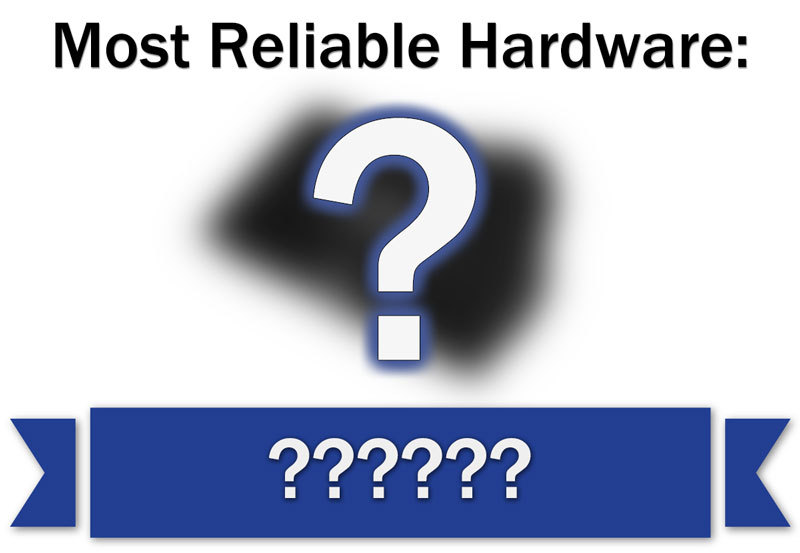There is a risk/reward equation.
Cheaper ssd makers buy their parts elsewhere and use them in their own brand name products.
Makers like Samsung make not only the nand chips but also the control chips giving them full control over integration.
It makes sense that they will keep the best chips for their own products before selling extras to others.
Intel used to make nand chips but sold the nand production to hynix.
Here is an interesting chart on who makes what.
https://en.wikipedia.org/wiki/List_of_solid-state_drive_manufacturers
Puget systems has a report on hardware reliability:
Here at Puget Systems, our goal is not only to provide the fastest workstations possible, but the most reliable as well. As a part of our constant drive to offer only the highest quality components possible, we track and regularly review the failure rates for each part we carry. Today, we want...

www.pugetsystems.com
Samsung SSD devices had no in field failures.
Pcie m.2 devices will have faster sequential performance vs. 2.5" devices.
Yet, they are comparably priced or even cheaper. Perhaps because there is much less material involved.
Do not be much swayed by vendor synthetic SSD benchmarks.
They are done with apps that push the SSD to it's maximum using queue lengths of 30 or so.
Most desktop users will do one or two things at a time, so they will see queue lengths of one or two.
What really counts is the response times, particularly for small random I/O. That is what the os does mostly.
For that, the response times of current SSD's are remarkably similar. And quick. They will be 50X faster than a hard drive.
In sequential operations, they will be 2x faster than a hard drive, perhaps 3x if you have a sata3 interface.
6X with a pcie interface.
Larger SSD's are preferable. They have more nand chips that can be accessed in parallel. Sort of an internal raid-0 if you will.
Also, a SSD will slow down as it approaches full. That is because it will have a harder time finding free nand blocks
to do an update without a read/write operation.
Larger ssd devices have more endurance.
It is probably more important to buy sufficient capacity than to overthink performance.
I would buy quality in a ssd. flaky ssd performance on the C drive is not something you can tolerate easily.






